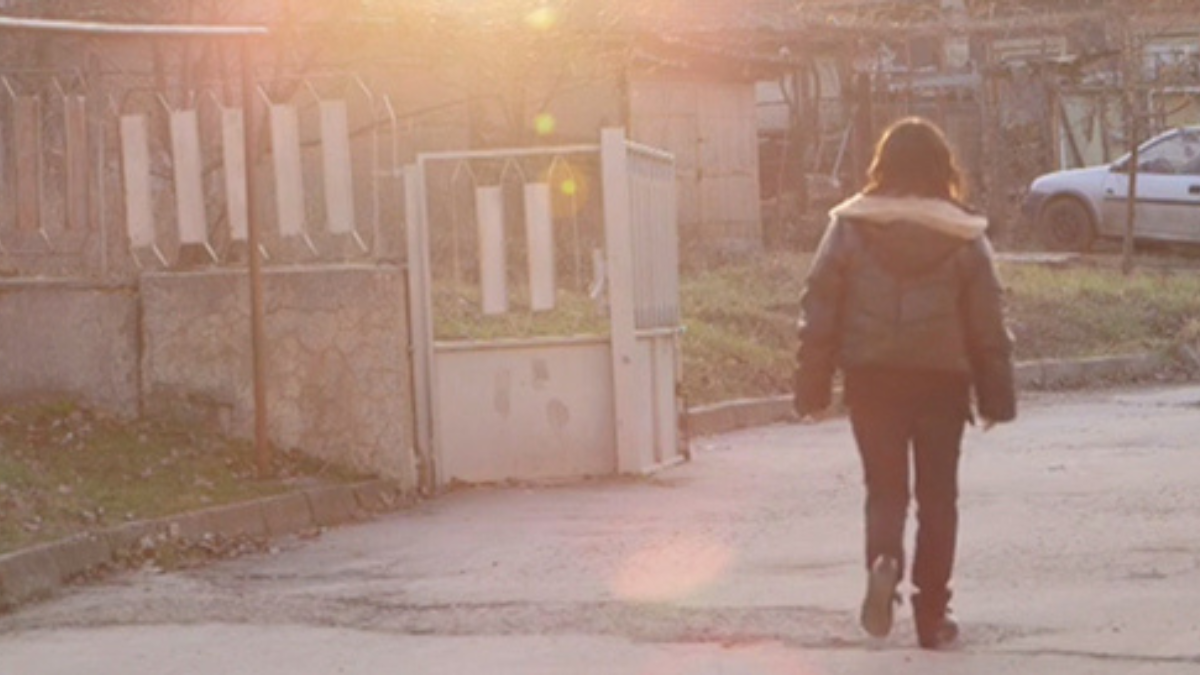Home What we do News & Stories Taking responsibility for institutionalising children
Taking responsibility for institutionalising children
04.03.2013

Last week, Enda Kenny, the Taoiseach (Prime Minister) of Ireland, made what appeared to be a genuine apology for the Irish State’s role in the decades-long, unlawful incarceration and systematic abuse of thousands of girls and women. For me, as a campaigner to end the institutionalisation of children, and especially as an Irish person, this was an important moment, if long overdue.
The McAleese report into the Irish State’s role in the operation of the Magdalene Laundries found that as many as 10,000 girls and women had been forced to live in these large institutions run by Catholic nuns. Here, young girls considered ‘naughty’ (unmarried mothers, girls seen as delinquent, or simply girls who were unwanted by their families) were locked up and worked as slaves (forced labour, unpaid). Many entered the laundries as children, but were there until they died of old age and only left in their coffins.
The Laundries held lucrative contracts to do the washing for a range of State institutions. And 25% of the girls and women were sent to the laundry by State authorities – the Courts, the police. It sounds like something out of Dickens. It sounds so remote and historical; it is to many, almost unbelievable. So it is perhaps understandable that the Taoiseach was initially reluctant to apologise. He greeted the publication of the report with ‘regret’ – a detached, unemotional and cautious response, worthy of a politician. Yet the last of the laundries only closed in 1996. And there are still survivors to tell the tale.
It was Mr. Kenny’s meeting with some of these survivors that resulted in the full apology. For those of us who work to end institutionalisation, it is the countless personal stories of the children that keep us motivated: their bewilderment as to why they were removed from their families; the everyday monotonous routine, broken sporadically by random acts of violence, abuse and ‘punishment’, meted out by older children or by some members of staff; the constant fear and hunger and despair. It is therefore unsurprising that Mr. Kenny was moved by the personal testimony of the survivors.
So congratulations to Ireland for taking this step. But the real praise should be reserved for the survivors, who have been brave enough to recount their stories, knowing that many would not believe them. Their voices speak for the countless thousands who were silenced.
We should never forget what happened to them. But we should also not forget that across the world today eight million children are living in similar situations. Very few have committed any crime. Most are poor, many are disabled, others come from minority communities discriminated against in society, and in some countries, thousands of children are separated from their families and institutionalised for ‘being naughty’, for behaviours as common as truancy. And a million of these children are in Europe.
It is possible to end this terrible practice and that is Lumos’s mission. By working together with other NGOs, governments and communities, we will get there. But I can’t help wondering, over the coming decades, how many more political leaders will have to apologise for institutionalising children, and recompense the survivors.

